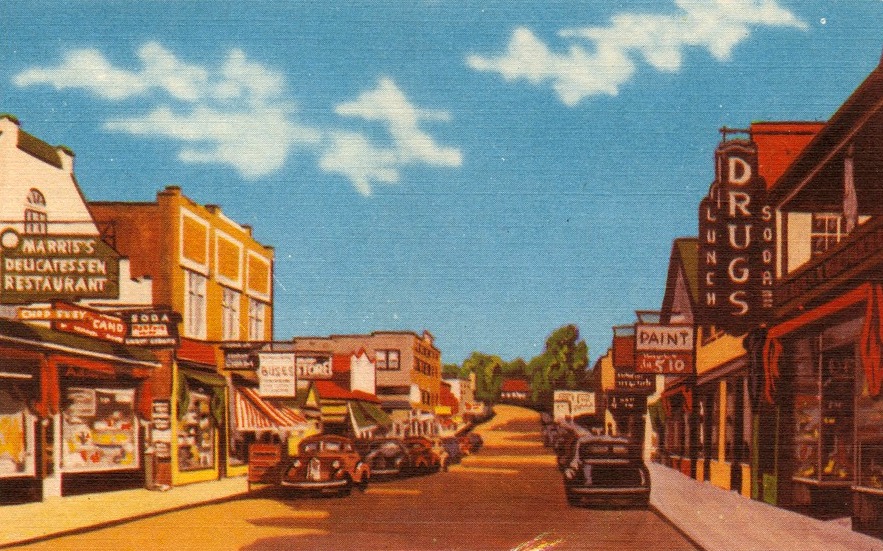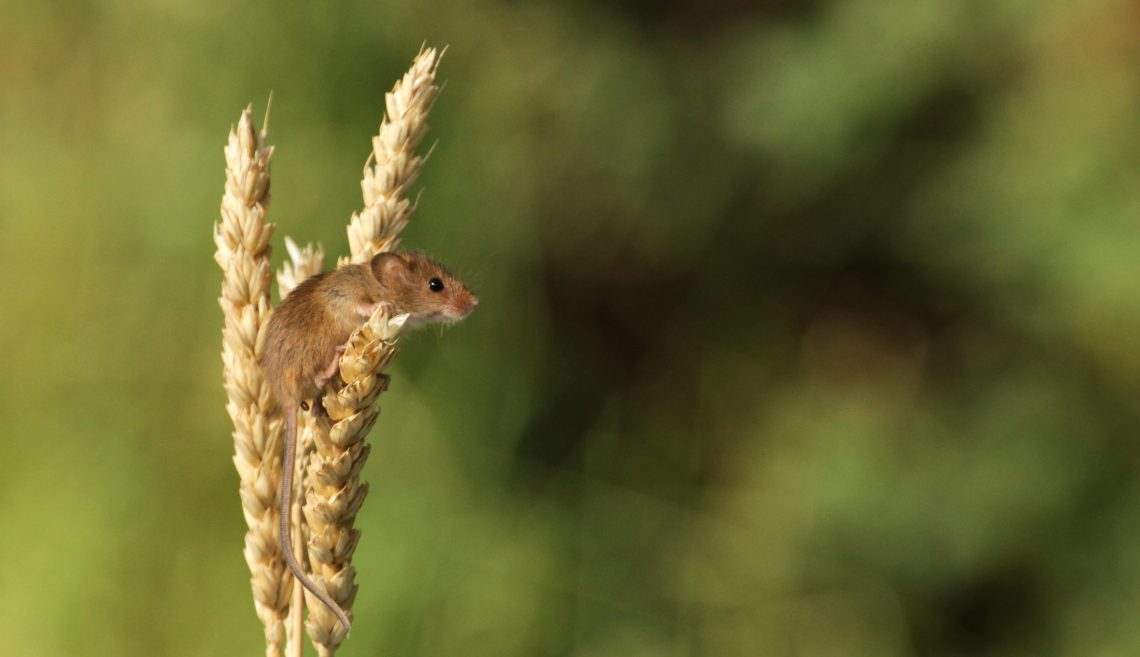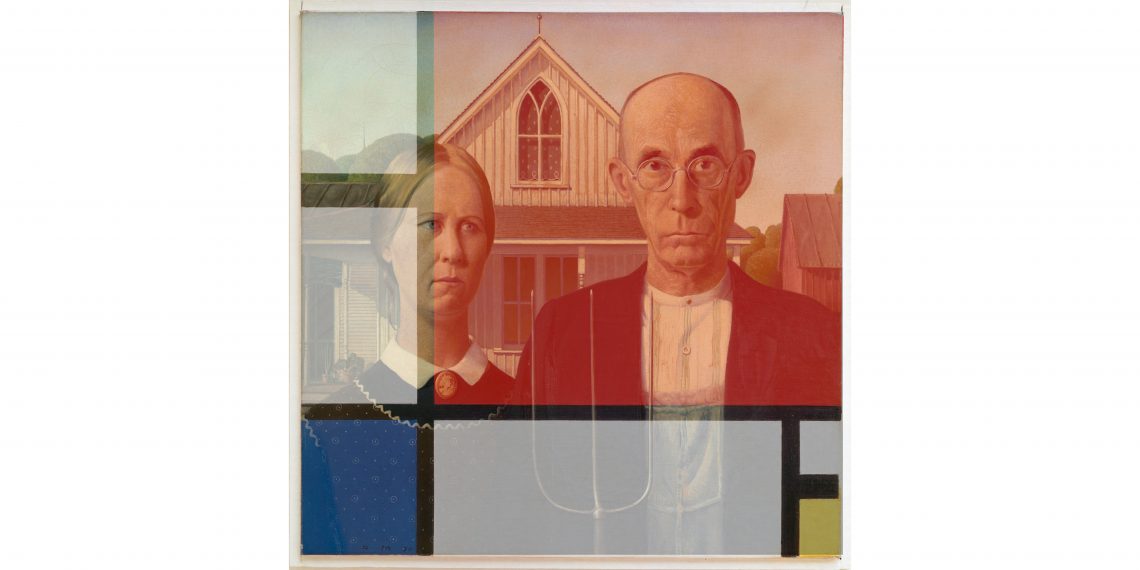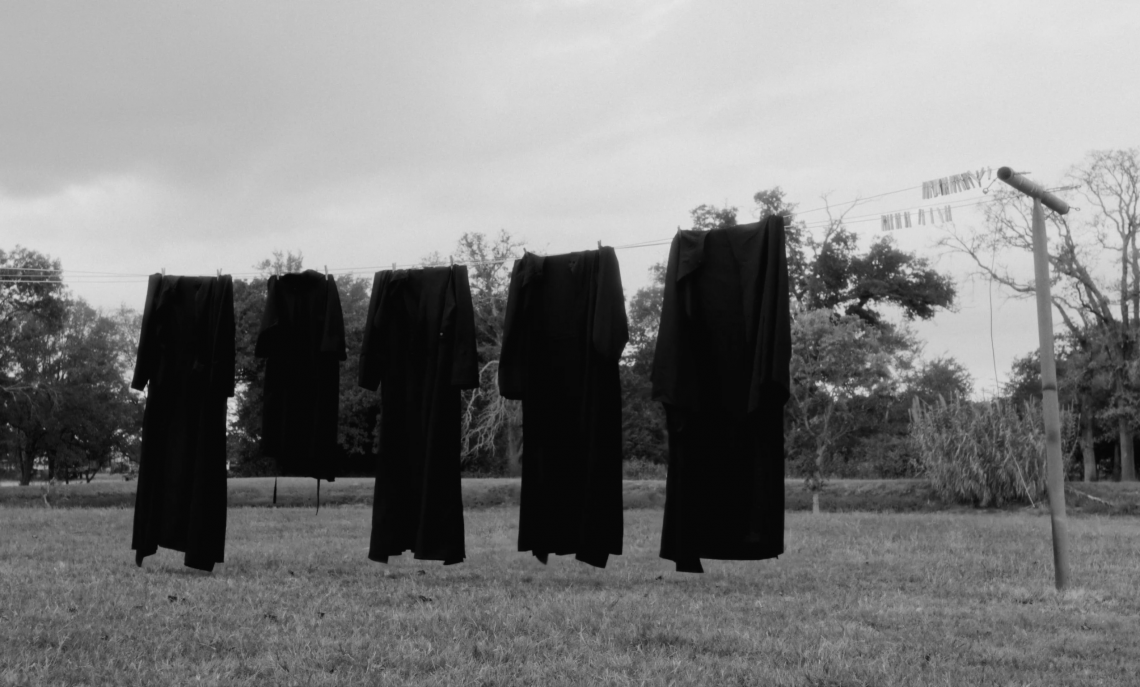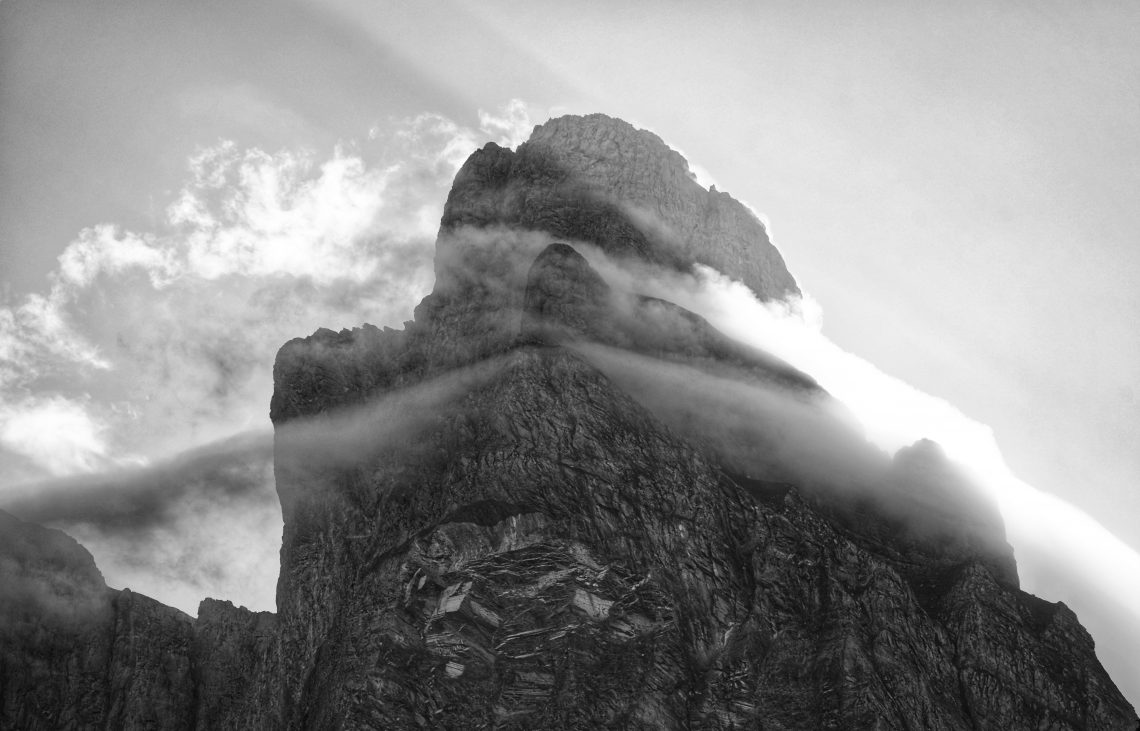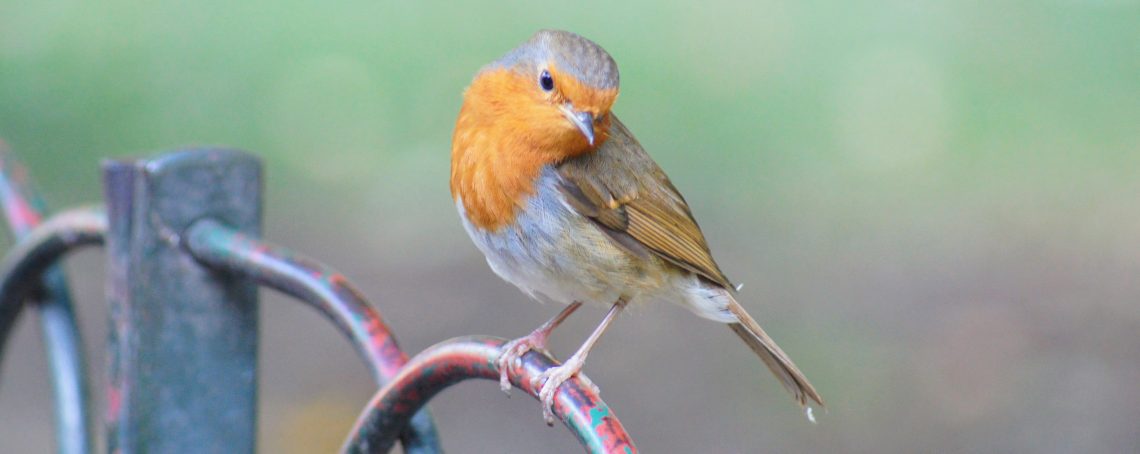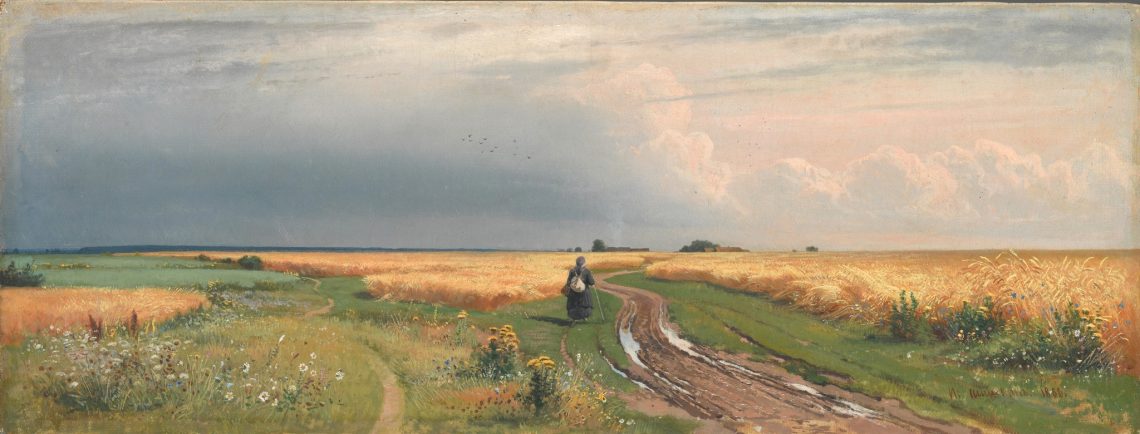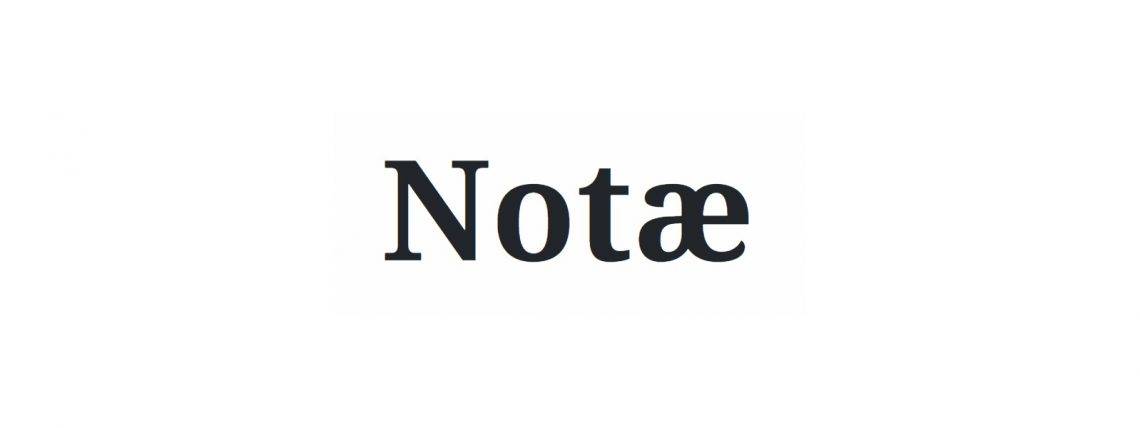“Fallsburg. Calling at Fallsburg,” the announcer said as the train hissed to a standstill. I hadn’t planned to leave the city during my trip, but after elbowing through the swarm upon swarm of tourists, even a day’s escape sounded like heaven. Every town has a list of unmissable sights; however, I found delightfully little written about Fallsburg. When one of the few reviews mentioned what sounded like missing the open arms of a tourist trap, I bought my ticket.
-
-
When I Feel Small
Maybe, though, just maybe, it’s ok to face the fear as a small Whitefoot mouse does. “The little life she had, she loved dearly, and so far she had taken excellent care of it.”
-
Happy Public Domain Day, 2026
Veritas Journal is once again celebrating the raft of books, films, and works of art that enter the public domain in the United States today — now free to use, adapt, remix, or do with what you will. Look for a little remixed New Year's gift from Veritas Journal at the end of this article.
-
The Film is the Holy Fool: A Conversation with Filmmaker Josh David Jordan
When we try new things, sometimes we feel like a fool. But if we are not willing to be a fool, then we will never know how to start a new thing, or how to make it better. — Fr. John
-
The Courage to Let Things Be
And that’s where the heart of the matter lies—not just in how we read a story, but in how we engage the world itself. Do we approach the world to live with it—or to take it apart in order to dominate it?
-
In Memoriam — Luci Shaw
What held the browning leaf to its stem so long—a link that lasted a summer’s life time?
-
“The Pause”
Original Poetry from Paul Hostovsky
-
On Gen Z Reality, McCarthy Adaptations, and AI Obsessiveness
Recent articles of note from the world wide web.
-
Ambient
The sound of the rain filled the apartment. It came in through the open windows. Open just enough to let the cool air in too, without getting anything beyond the window sill wet. Before I sat down to paint, I turned on some music: Brian Eno’s "Reflection."
-
Hart on Living Things
All living things are boundlessly suggestive, if only you are willing to heed them.
-
Lewis on “Age Specific” Books
No book is really worth reading at the age of ten which is not equally (and often far more) worth reading at the age of fifty — except, of course, books of information. The only imaginative works we ought to grow out of are those which it would have been better not to have read at all.
-
Dante on The Exile’s Longing
If it should happen. . . If this sacred poem— this work so shared by heaven and by earth that it has made me lean through these long years— can ever overcome the cruelty that bars me from the fair fold where I slept, a lamb opposed to wolves that war on it, by then with other voice, with other fleece, I shall return as poet and put on, at my baptismal font, the laurel crown.
-
Mullins on Shattered Dreams and Whispered Prayers
And the lady in the harbor, She still holds her torch out To those huddled masses who are Yearning for a freedom that still eludes them. The immigrant's children see their brightest dreams shattered Here on the New Jersey shoreline in the Greed and the glitter of those high-tech casinos, But some mendicants wander off into a cathedral, And they stoop in the silence And there their prayers are still whispered.
